[Article]: How to Start a Delivery Service Business.
The delivery service market is booming, with more and more consumers demanding instant doorstep delivery. With online consumerism more popular than ever, the delivery service industry offers a prime opportunity for startup companies.
Whether you choose to start a global delivery service that delivers mailing boxes around the world or recognize a gap in the local market, setting up a delivery service business is a lengthy but attainable process.
Define Your Niche:
When setting up a delivery service business, you need to establish what type of business you hope to be. The niche you choose will significantly impact the startup of your business and the related costs.
There are two standard delivery types. A local delivery service strictly delivers goods and merchandise to nearby businesses only. The exact size of the delivery area is flexible, allowing you to tailor it based on your personal preferences and the company's capabilities, giving you the power to shape your business as you see fit.
Alternatively, a global delivery service is a type of courier service that works internationally, delivering packages across countries and continents.
Furthermore, you could create a business centered around unique delivery services, including food delivery, late-night delivery, and pharmaceutical delivery.
Build a Business Plan:
When starting a new business, it is crucial to build a business plan that defines its purpose, target audience, products or services, pricing, expenses, and more. This will allow you to build a roadmap that will help you navigate the early stages of your business.
Having a well-formulated plan will allow you to visually monitor your various budgets, identify your market and main competitors, apply various marketing strategies, define your business goals, plan for any potential challenges and future daily operations, and adequately track employees and any necessary training they may require.
Develop a Delivery Process:
Establishing a delivery process can be challenging, as it involves creating a route plan, loading a driver’s vehicle with the correct packages, and delivering them to customers on time. While processes can vary from business to business, the standard process breakdown covers three main points, which ensure successful deliveries and customer satisfaction at the appropriate time.
The first step is optimizing routes by using advanced technology to find the most optimal delivery route for your driver. As you slowly increase your orders, having an efficient route will help drivers reach their destinations on time.
Secondly, you need proper monitoring methods for your selected routes. This is crucial for effectively rerouting drivers due to canceled deliveries or additional orders and for allowing customers to obtain an estimated arrival time for their packages.
The final step is for your driver to successfully complete their delivery by properly delivering the packages safely and undamaged. This step is often referred to as last-mile deliveries.
Form an LLC or Corporation:
Registering as a legal business entity is an important step in starting any business. Before registering, you must decide on a business name, create a business logo, and establish whether your company will be an LLC or a corporation.
LLC, or a limited liability company, is most common for startups and small businesses. It is a hybrid of a traditional corporation and a partnership. LLC companies are easier to start, manage, and file for taxes than corporations. As the name suggests, a limited liability company offers personal asset protection in case of tax or legal issues.
A corporation is better suited for delivery service companies you plan to scale into large companies that offer services across cities, state lines, or country borders. Corporations typically offer better solutions for growth and potential investors. While they also provide limited liability protection, the unique business structure does add complexity to managing your business as a whole.
Register Taxes, Permits & Licenses:
Depending on your location, you will need to register for specific licenses, permits, and tax requirements before you can legally begin operating. Failure to acquire these could leave your business open to fines or potentially more serious consequences.
Contacting your local governmental clerk's office or small business association is strongly recommended to learn more about what is required. If you plan to deliver across state lines or borders, you may need to consult their delivery laws and requirements.
Open Business Bank Accounts:
Opening a business account specifically for your new company enables you to separate your business finances from your personal assets. It also allows you to streamline the accounting and tax filing process.
You can open a business account once you have obtained your LLC or corporation files. Contact your bank of choice to learn more about the banking solutions on offer. Additionally, a business credit card may be beneficial, as it will help you keep business expenses separate while tracking them effectively and increase your company's credit history should you need a loan in the future.
Acquire Insurance:
Similar to permits and licenses, you will be required to obtain various insurance policies for your business to comply with local laws and protect your employees, vehicles, equipment, and finances in the event of losses.
To understand the precise policies that will suit your business needs and budget, it is worth contacting a professional insurance consultant who can assess your company and advise you on how to proceed.
Image 1 Source:
https://unsplash.com/photos/brown-cardboard-boxes-on-black-plastic-crate-q8kR_ie6WnI
Image 2 Source:
https://unsplash.com/photos/yellow-and-black-forklift-during-daytime-dI-aXC7DWpQ
Image 3 Source:
https://unsplash.com/photos/man-in-black-jacket-riding-motorcycle-jm70AzcV5AQ








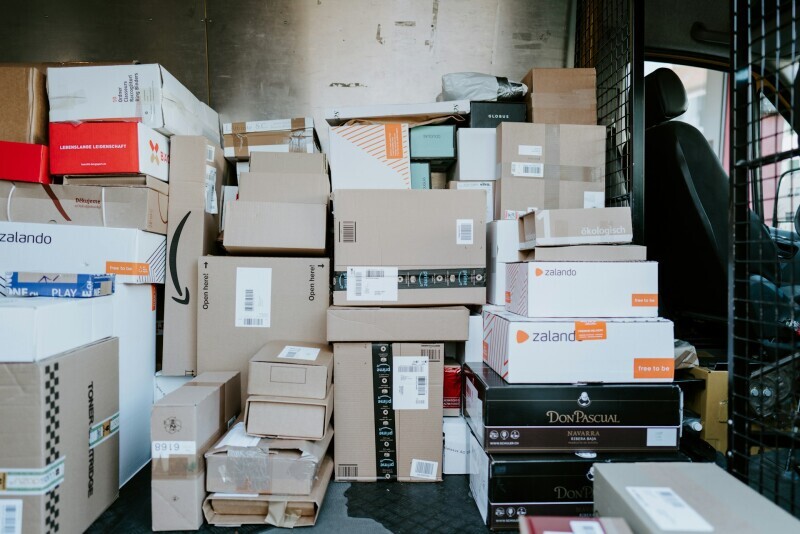
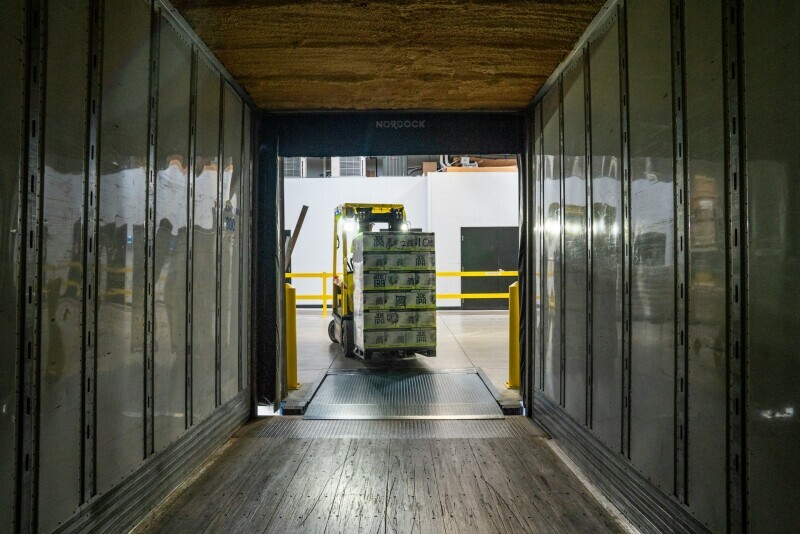









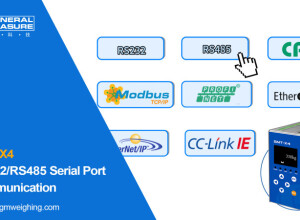
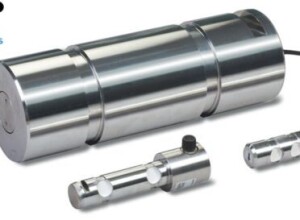
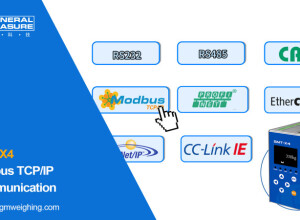






Interested? Submit your enquiry using the form below:
Only available for registered users. Sign In to your account or register here.